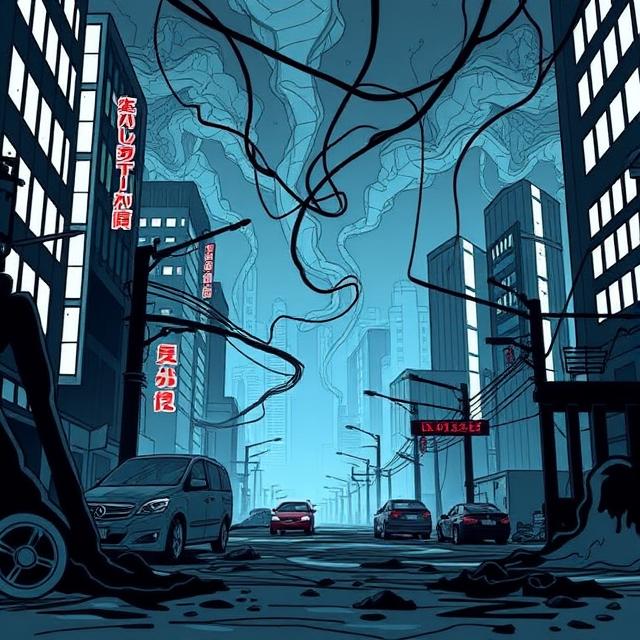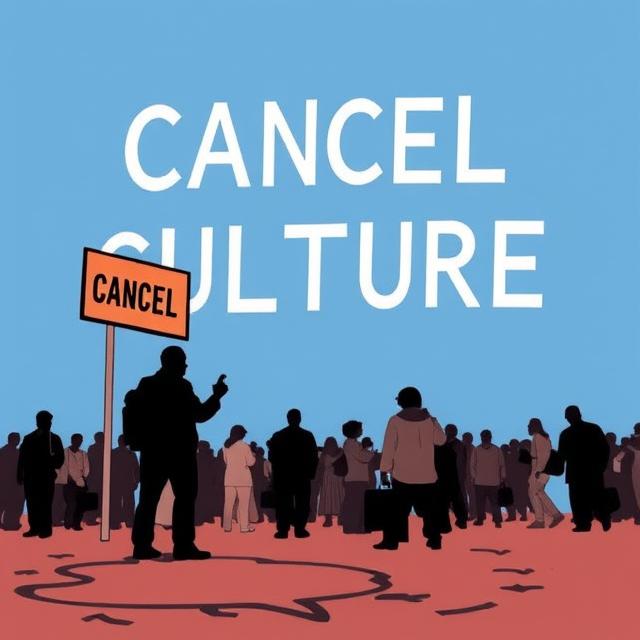In the golden age of startups, success was loud. Funding rounds, flashy launches, and media buzz created an illusion of inevitable growth. But behind the noise, a quieter truth is emerging: many startups aren’t failing with a bang — they’re disappearing with a whisper.
The End of the “Fail Fast” Era?
“Fail fast” was once the startup gospel. Embrace bold ideas, test aggressively, and pivot or perish. But today, many companies aren’t failing fast — they’re failing slowly, quietly, and often off the radar. No press release, no tweetstorm. Just a dormant website, a faded Slack channel, and employees quietly moving on.
This phenomenon is what some in the industry are now calling the “quiet collapse.” And it may say more about the health of the startup ecosystem than any high-profile IPO or unicorn exit.
Why Are Startups Dying in Silence?
1. The Funding Freeze
After years of cheap capital and sky-high valuations, the venture capital tap has tightened. In 2022 and 2023, funding across all stages declined sharply. Without follow-on rounds, many startups simply couldn’t sustain their burn rates — but rather than announcing closure, they quietly downsized or shut down entirely.
2. Reputation Management
Failure still carries a stigma. For founders hoping to raise again or join new ventures, a public postmortem might feel risky. Investors, too, often prefer discretion over transparency. The result? Startups fade out rather than flame out.
3. Zombie Startups
Some startups aren’t technically dead — but they’re not alive either. These “zombie startups” operate at minimal capacity, with skeleton teams and no real growth. They may limp along on remaining cash or minimal revenue, waiting for a miracle that never arrives.
4. The Myth of Product-Market Fit
Many startups believe they have product-market fit — until they don’t. Early traction can be deceiving, especially when it’s fueled by hype or promotional budgets. When the noise dies down, the real test begins. And many products, it turns out, don’t have staying power.
The Cost of the Quiet Collapse
When startups fail silently, valuable lessons are lost. In the past, high-profile failures like Quibi or Theranos sparked industry-wide reflection. Today, hundreds of micro-failures disappear without insight, leaving founders and employees in the dark.
“We used to write essays when things broke. Now we just go dark.”
– Former startup CTO, speaking anonymously
There’s also a human cost. Employees often find out late — or not at all — that their company is winding down. Customers are left without support. And aspiring founders lose the chance to learn from what went wrong.
A Culture Shift in the Making?
Not everyone is staying silent. A new wave of founders is embracing transparency, sharing candid reflections on what worked, what didn’t, and why they chose to walk away. Platforms like Medium, Twitter, and Substack have become homes for thoughtful shutdown stories.
These stories matter. They demystify failure, reduce stigma, and help the next generation avoid repeating old mistakes.
What Comes Next
As the market matures and funding tightens, the startup world is undergoing a reset. The emphasis is shifting from growth-at-all-costs to sustainable, purpose-driven building. In that environment, perhaps the “quiet collapse” will become less common — and a culture of honest, open reflection will take its place.
Failure is part of innovation. But silence shouldn’t be.
Written by Veritas Digest Staff


